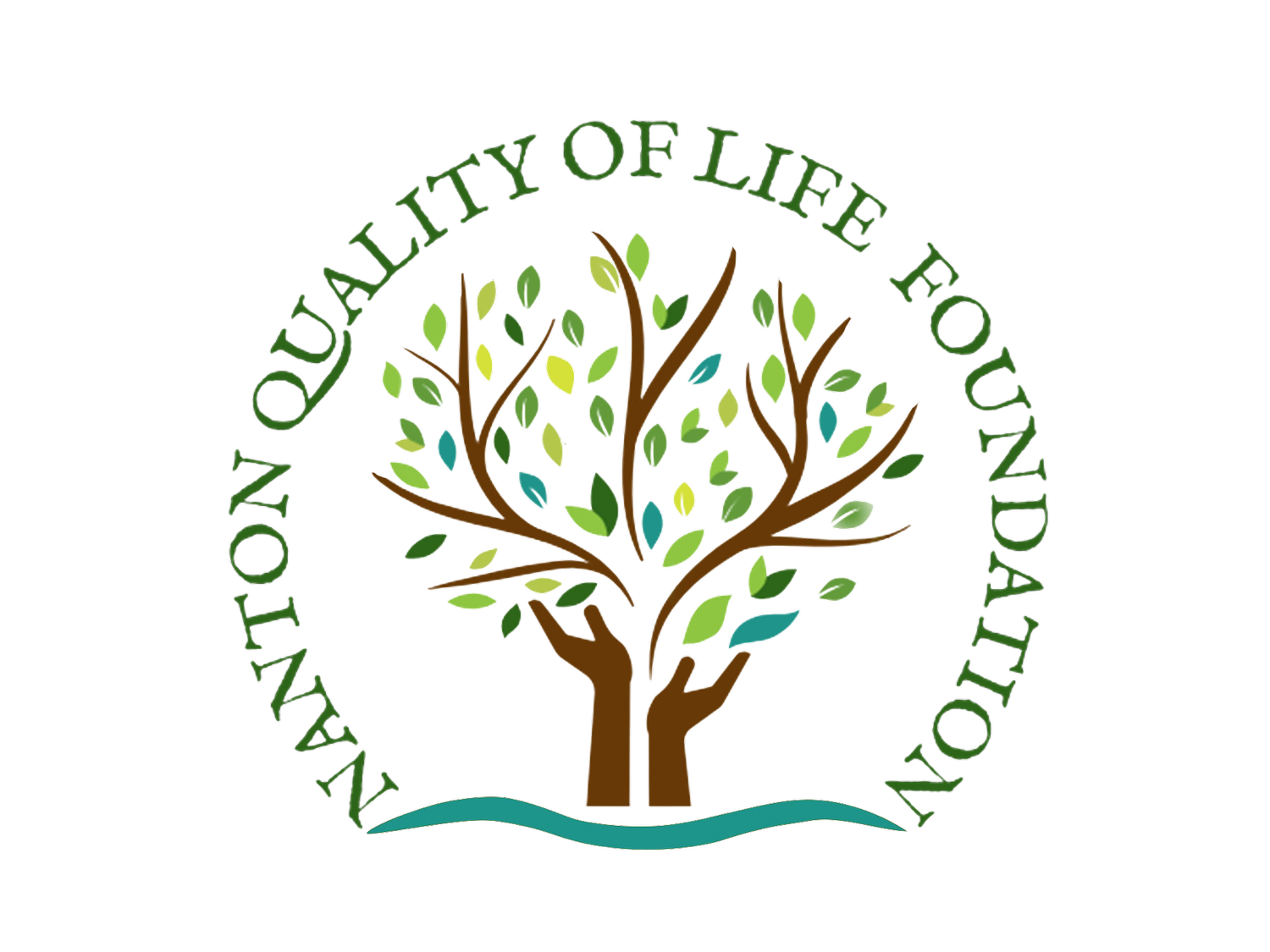〰️
Learn
〰️
Protect
〰️
Prevent
〰️ Learn 〰️ Protect 〰️ Prevent
What is Fraud?
(noun) from Oxford
Wrongful or criminal deception intended to result in financial or personal gain.
What is Phishing?
Trickery to get people to give personal information or install harmful programs on their device(s).
Email Phishing:
Attempts to convince user to click on a link that will take them to a harmful website.
Convince user to download/open an attachment
Convince user to respond with information IE a fake log in page that captures username and password
Remember to Ask Yourself:
Does the SENDER make sense? Are you expecting an email from the sender?
Would your bank contact you from a Gmail address or are you receiving an email from a bank you don’t deal with?
Is the SPELLING correct? Most scams will have a spelling alteration to the Domain name that looks like the real one.
Be aware of spelling and grammar mistakes.
Does the email contain a sense of urgency or scare tactics?
Are you addressed with an impersonal greeting? Most (not all) scams will use your email address as the greeting name
Text Phishing attempts to:
Social Media Phishing:
Scammers will post cute, funny or shocking videos to lure people to click on the link.
Sometimes clicking those links can allow harmful software to install on your computer.
Remember to:
Be aware if you have a pop up that asks you to install software update to see a video.
Asks you to confirm your age.
Limit what information you post about yourself online.
Use your privacy settings.
Be cautious of friend requests you aren’t expecting.
It is a good idea to send a private/text message to the person that is sending you a friend request or call and ask the person if they sent you a friend request.
-
Credit Bureaus
Equifax 800-465-7166
TransUnion 866-525-0262
Canadian Anti-Fraud Center:
888-495-8501 or visit
Canada.ca: How to Report Fraud & ScamsRCMP: 403-646-5722




